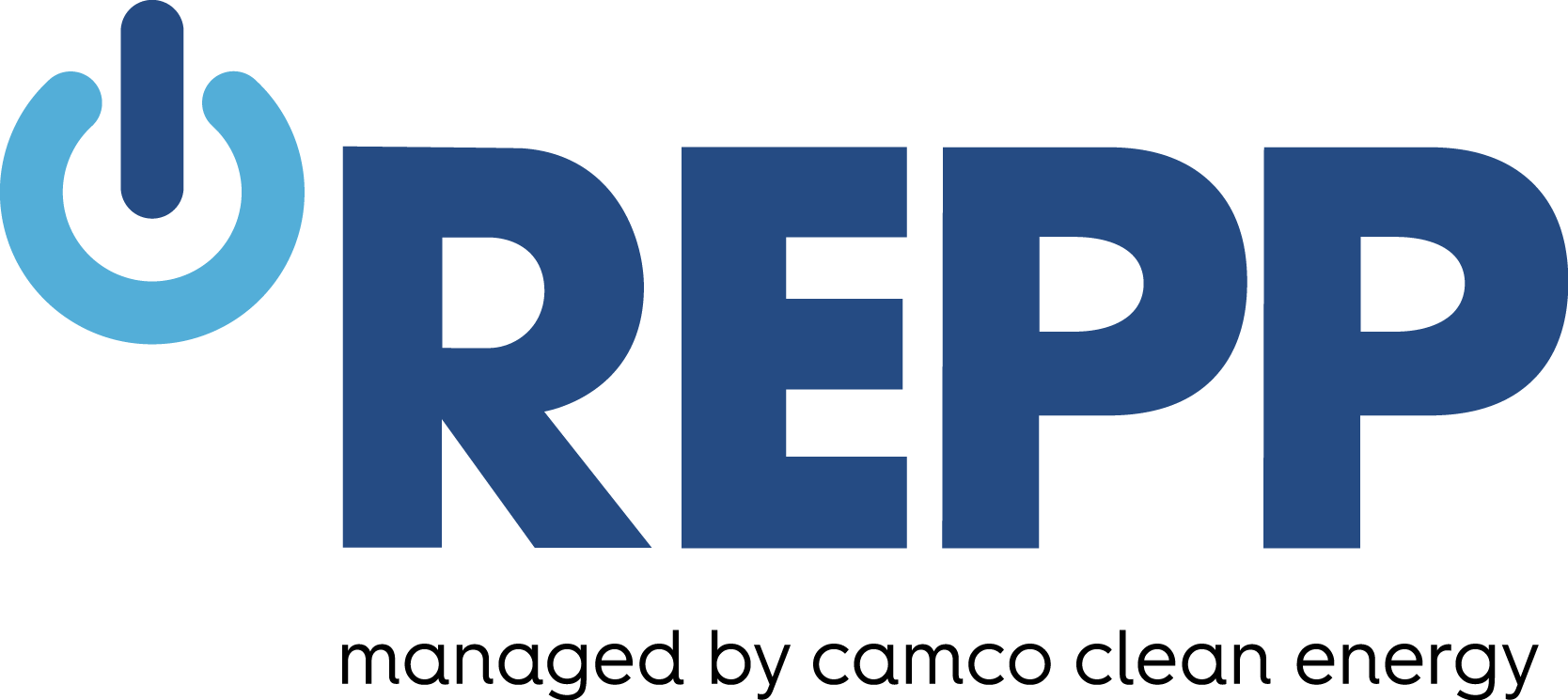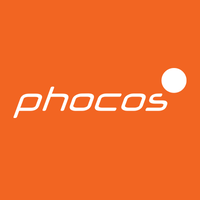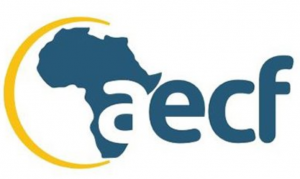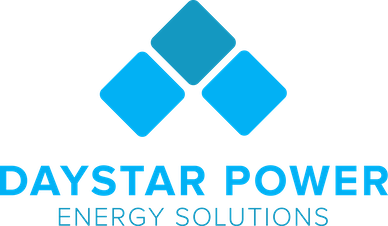4 December 2020: The Board of Directors of the African Development Bank has approved a $20 million concessional investment from the Sustainable Energy Fund for Africa (SEFA) to establish the COVID-19 Off-Grid Recovery Platform (CRP). The $50 million blended finance initiative, will provide relief and recovery capital to energy access businesses, supporting them through and beyond the pandemic.
The platform is anchored on a partnership with three specialized energy access fund managers selected through a competitive process: Triple Jump, Lion’s Head Global Partners, and Social Investment Managers and Advisors. The $20 million concessional envelope will be blended with their own capital and instruments, leveraging $30-$40 million in complementary commercial funding and enabling more affordable debt products. Through these partners, the recovery platform will support energy access companies commercializing and deploying solar home systems, green mini-grids, clean cooking and other decentralized renewable energy solutions.
“This initiative underlines the African Development Bank’s commitment to the accelerated growth of Africa’s decentralized energy industry, based on renewables, as a key driver for universal energy access goals,” said Dr. Kevin Kariuki, the African Development Bank’s Vice President for Power, Energy, Climate and Green Growth.
Joao Duarte Cunha, Division Manager for Renewable Energy at the African Development Bank, said the platform would fill a gap in the market.
“Understanding that time is of essence, this platform will enable the provision of tailored financial solutions by leveraging existing resources, expertise and infrastructure within the sector,” he said. In addition to providing immediate relief and recovery support, the platform will lay the foundation for a green and inclusive economic recovery post-pandemic.
“We are pleased to be selected to co-manage the COVID-19 Off-Grid Recovery Platform, which will be blended with funding from the Energy Entrepreneurs Growth Fund. The combination of funding and operational support will stabilize businesses and allow for continued investments during the COVID-19 crisis, mitigating the impact of the pandemic on energy access companies and set a sustainable trajectory for growth,” said Jan-Henrik Kuhlmann, Head of Sustainable Energy at Triple Jump.
Reflecting on the potential impact of the capital provided, Asad Mahmood, CEO and Managing Partner of Social Investment Managers and Advisors, said: “CRP is a much-needed and appreciated innovative effort of the Bank to use multiple fund managers to assist with liquidity needs of good energy businesses in Africa, currently affected by the COVID-19 pandemic.”
The relief and recovery capital will support businesses in mitigating the impacts of the pandemic and ensuring a robust commercial recovery of the industry, and has been endorsed by leading industry associations, including the Alliance for Rural Electrification (ARE), Africa Mini-Grid Developers Association (AMDA) and the Global Off-Grid Lighting Association (GOGLA).
“The Bank’s new instrument is a game changer that will sustain and strengthen the African energy access sector. The platform’s innovative co-investment structure allows fund managers like Lion’s Head to focus on what we do best – mobilizing and deploying human and financial capital to unlock sustainable power for vulnerable communities while targeting critical post-pandemic issues such as local currency funding in a period of high uncertainty and volatility,” said Harry Guinness, Managing Director of the Off-Grid Energy Access Fund, part of the wider Facility for Energy Inclusion.
The Board approval was granted on 1 December.
###
About SEFA: SEFA is an AfDB-managed special fund providing catalytic finance for renewable energy. SEFA’s overarching goal is to contribute to universal access to affordable, reliable, sustainable, and modern energy services for all in Africa, in line with the Bank’s New Deal on Energy for Africa and Sustainable Development Goal 7. SEFA was established in 2011 in partnership with the Government of Denmark and has since received contributions from the Governments of United States, United Kingdom, Italy, Norway, Spain, and Sweden, Nordic Development Fund and Germany. SEFA is housed in the Renewable Energy and Energy Efficiency Department (PERN) under the Power, Energy, Climate, and Green Growth (PEVP) complex.





































